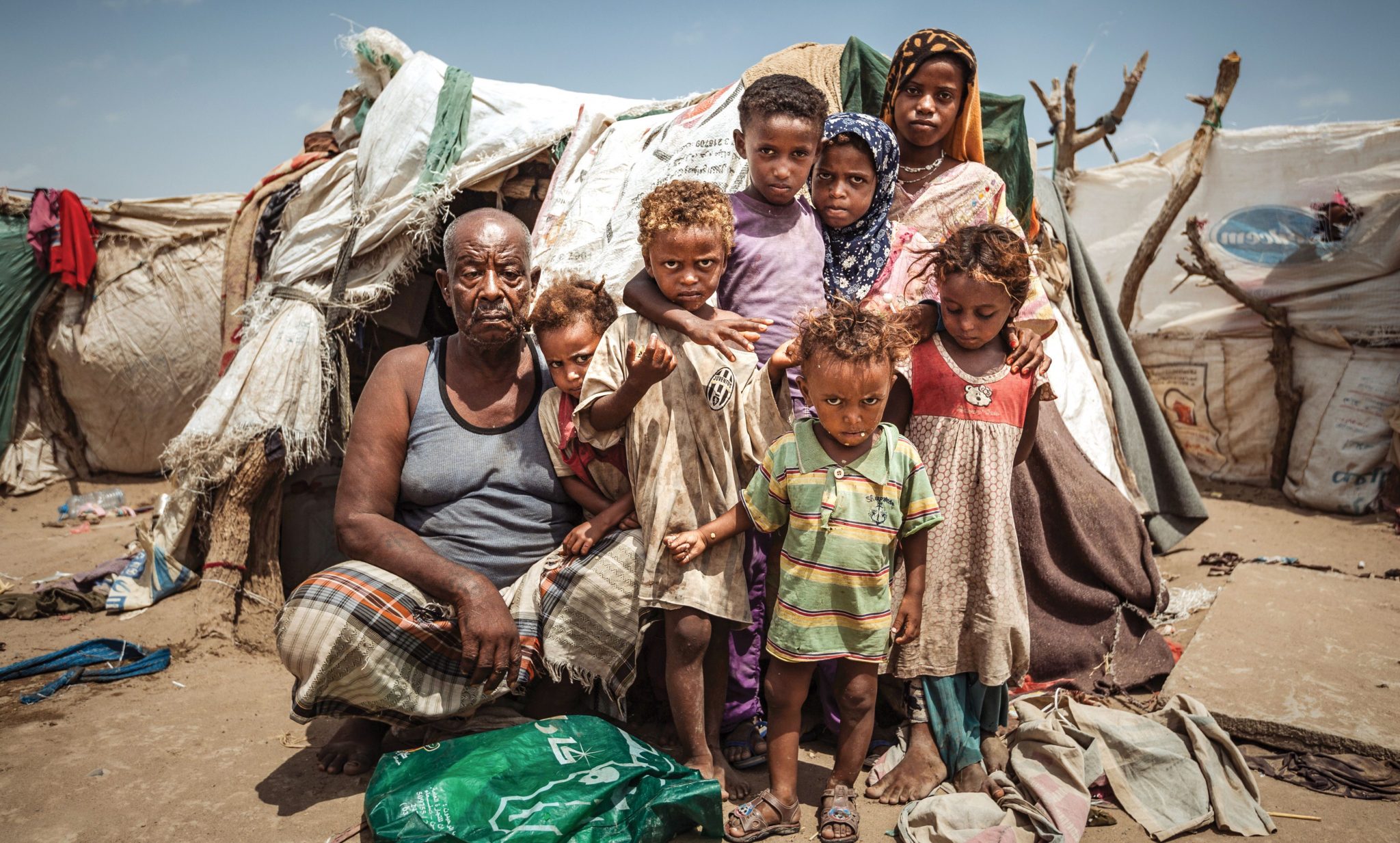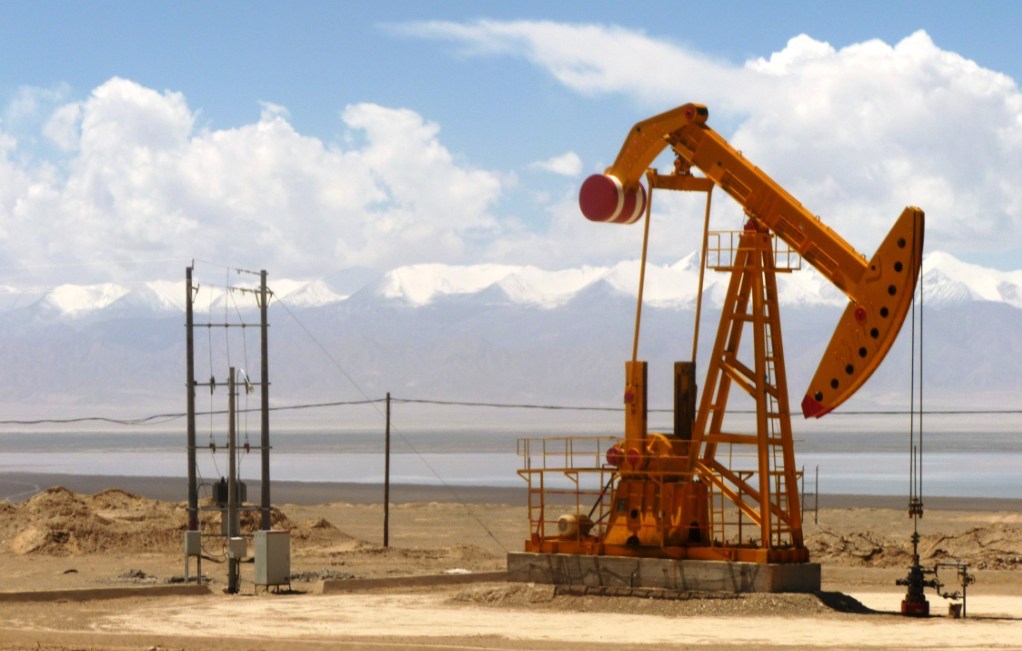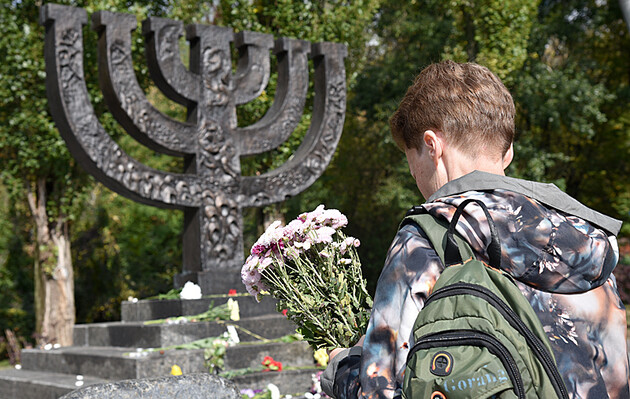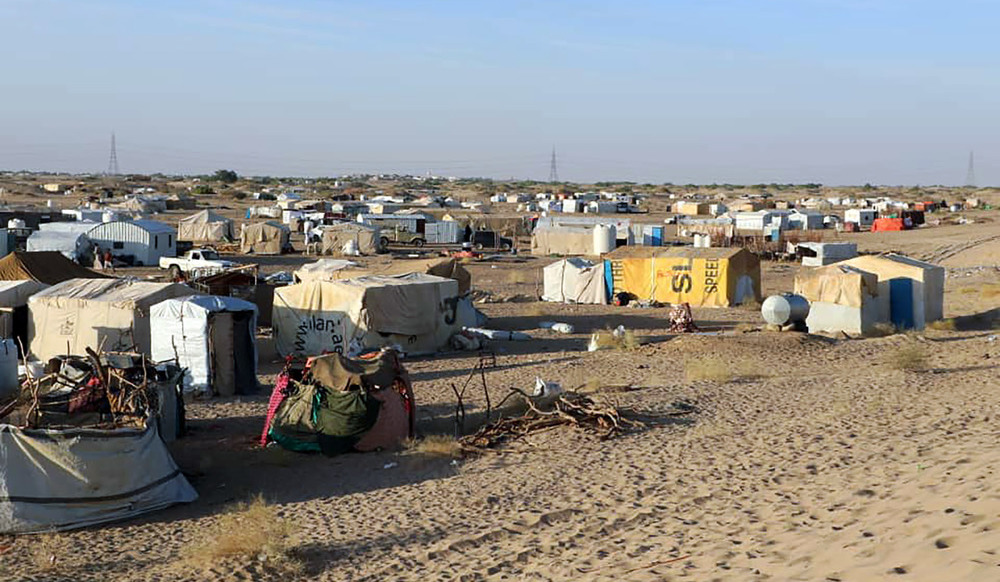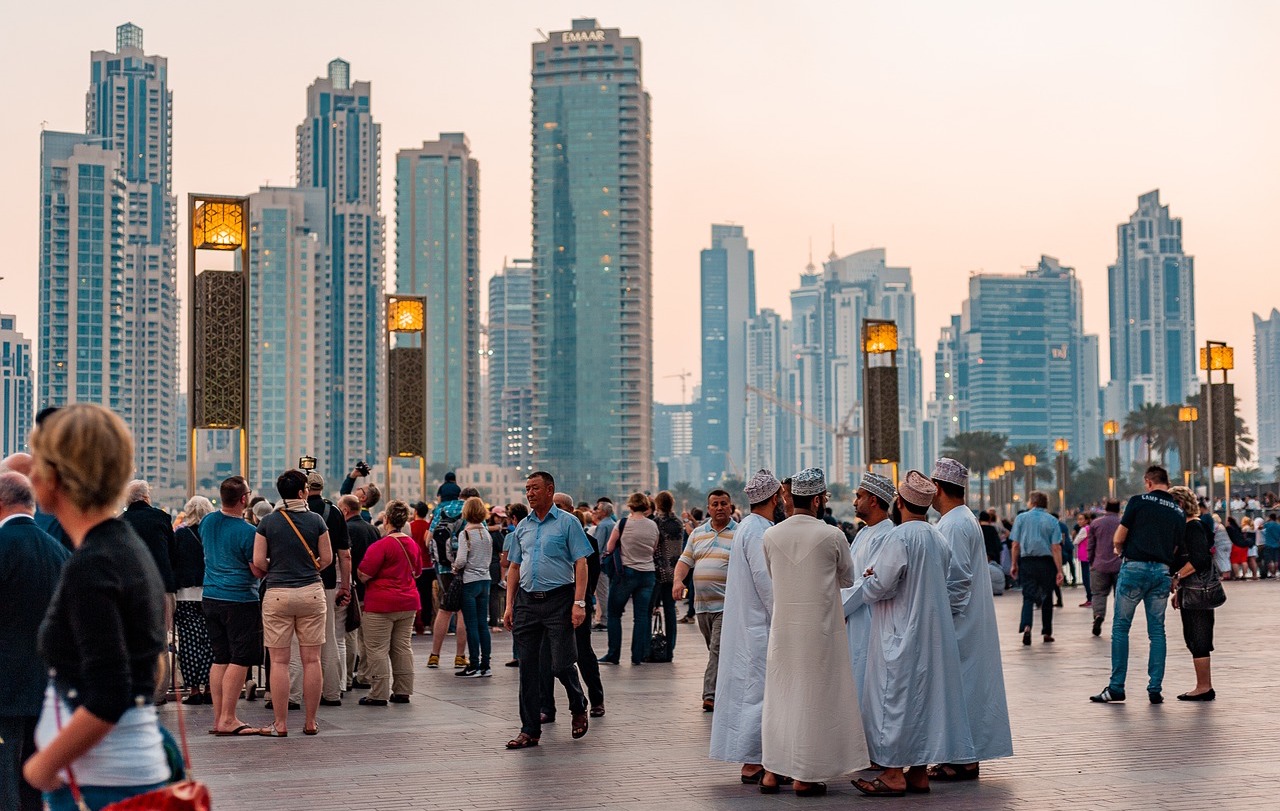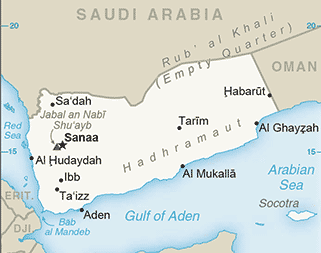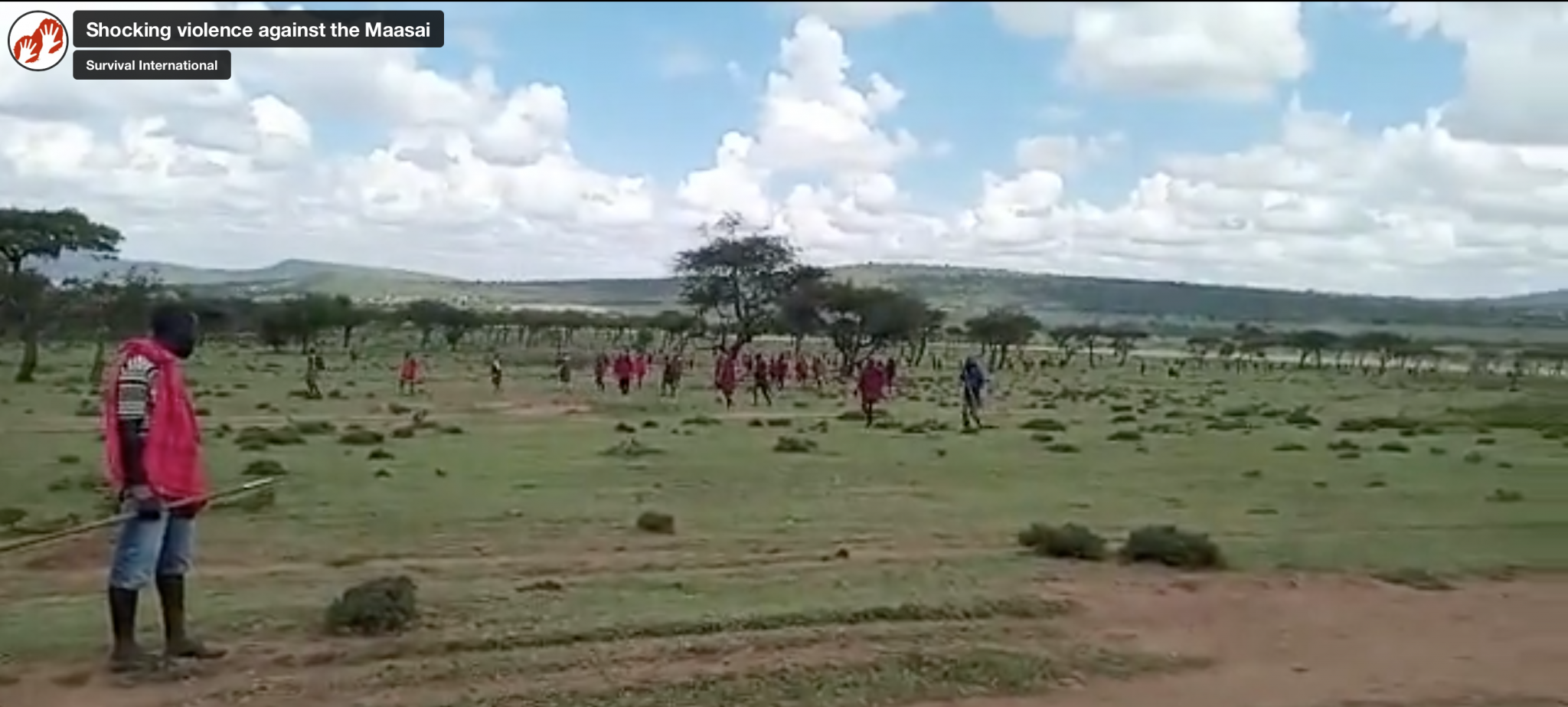
Tanzania: troops fire on Maasai herders
Tanzanian security forces fired on Maasai herders in a dispute over seizure of traditional grazing lands for a new game reserve. The trouble started when hundreds of troops of the Field Force Unit arrived at the village of Wasso, to demarcate a 1,500 square-kilometer area for the new reserve. Maasai gathered to protest, and were met with bullets. Some 30 were reportedly shot, and two killed. Afterwards, troops went house-to-house in Maasai villages, beating and arresting those they believed took part in the protests or distributed images of the violence on social media. Thousands of Maasai fled their homes into the bush following the raids. UAE-based Otterlo Business Company, which runs hunting excursions for the Emirates’ royal family, is reportedly to operate trophy-hunting concessions in the new reserve. (Photo: Survival International)




